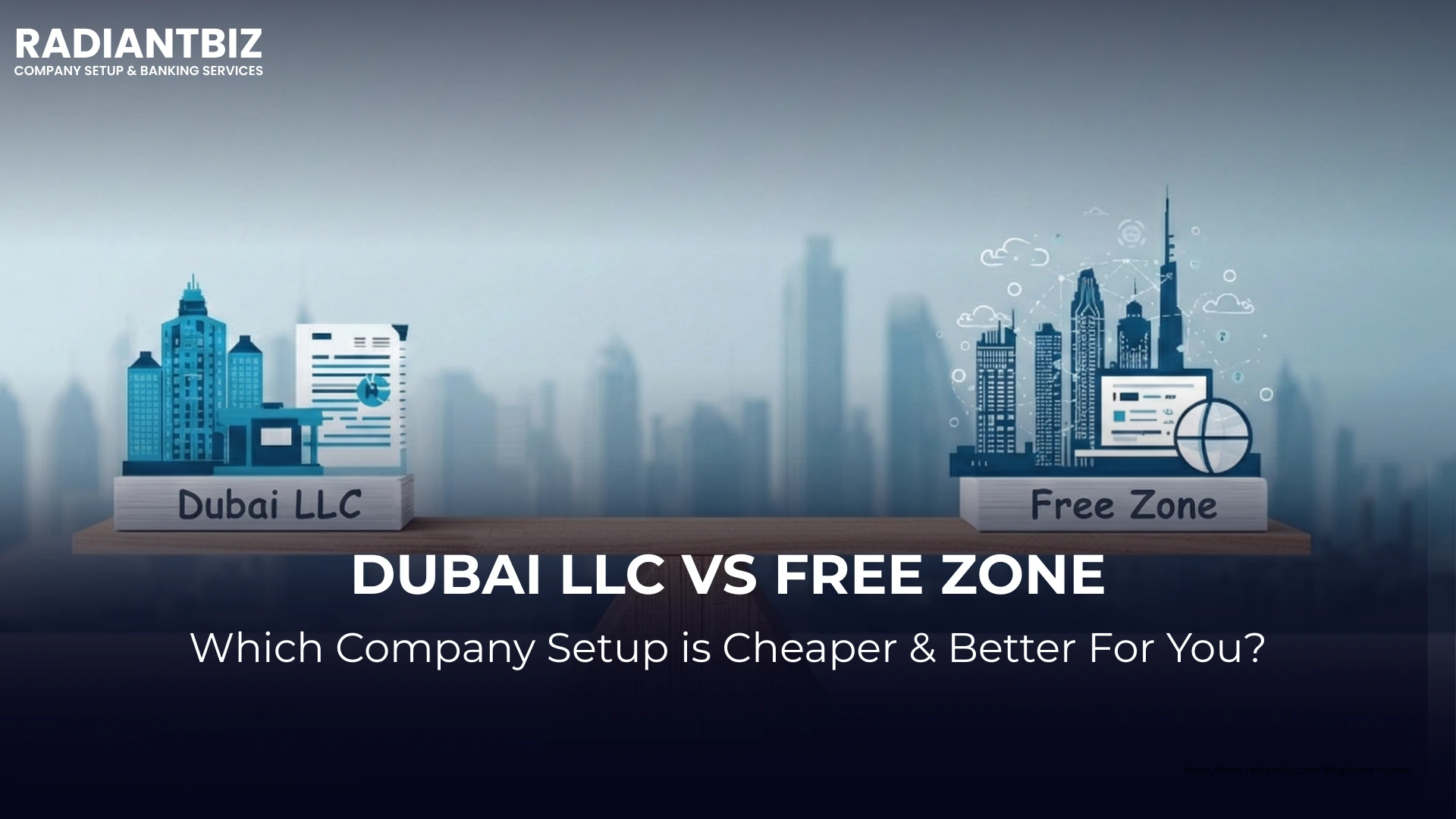Legal Compliance and Business Regulations: How Consultants Keep You Safe?


Table of Contents
In today's fast-moving business world, operating within legal boundaries is no longer an obligation but an absolute necessity. Businesses, from startups to multinational companies, must conform to local and international regulations to avoid fines, lawsuits, and reputation damage.
From taxation to employment acts, financial dealings, and data protection, every business operates within a complex network of legislation that is often exhausting to learn. This is where compliance consultants come into play. They assist businesses in understanding regulations and implementing them, ensuring operations are aligned with the law.
Non-compliance comes with devastating consequences, so businesses must proactively take measures to stay one step ahead. This article explains the importance of legal compliance, the risks involved in non-compliance, and how consultants assist businesses in remaining compliant and secure.
Understanding Legal Compliance & Business Regulations

What is Legal Compliance?
Legal compliance involves the capabilities of a business to conduct activities within the set boundaries of the rules and policies made by the governing authorities. This includes law formation, business taxation, labor, finance, protection of information, and other specific regulations of the industry in which a business operates. Compliance protects businesses from potential legal issues while remaining ethical.
Key Areas of Business Regulation
Corporate Law: Businesses must obtain appropriate licenses, follow corporate governance rules, and renew trade permits.
Tax Law: A framework for businesses to pay all their due taxes related to value-added tax, corporate tax, and other international dues.
Labour Law: This includes contracts, employee rights, workplace safety, and adequate wages.
Financial Compliance: This encompasses Anti-Money Laundering (AML) policies, Know Your Customer (KYC), and other bank regulations.
Sectoral Regulations: Regulations that are industry specific like fintech, healthcare, and real estate.
International Compliance vs. Regional
While businesses operate worldwide, regulations differ from country to country.
UAE: Different free zones have different regulations on company incorporation, taxation policies, and shareholding.
UK & US: More strict rules concerning finance and personal data protection, like general data protection regulations and Securities Exchange Commission (SEC) regulations.
EU: Corporate transparency and environment-based regulations.
Consequences of Non-Compliance
The inability to follow business regulations may have severe financial, legal, and reputational effects. Legally, a business may face severe fines, and penalties, or could be shut down for operating without the right licenses or non-compliance with government policies.
In extreme cases, lawsuits and criminal charges may be filed, especially for fraud or negligence. Financially, there will be a loss in revenue, increased operation costs for lawyers, and in some cases, frozen bank accounts due to financial misfeasance.
But more than this initial financial blow, companies found non-compliant face reputational damage with consumer distrust and negative press coverage, which will push investors and stakeholders away.
Role of Compliance Consultants
Compliance consultants help businesses meet legal, financial, and operational requirements. They play advisory, risk assessment, and regulatory expert roles that ensure compliance with an evolving set of laws.
Their key responsibilities involve regulatory research, risk assessments, internal audits, policy implementation, employee training, and crisis management. This allows companies to navigate complicated laws and regulations, steer clear of costly errors, and reduce time by managing compliance processes efficiently.
Their expertise is useful for highly regulated industries like finance, healthcare, and technology.
How Consultants Ensure Compliance?
1. Analyzing Business Risks
A consultant conducts a compliance audit to identify loopholes in the regulatory framework of an organization.
This encompasses checks for tax structures, contracts, financial deals, and company policies.
2. Staying Abreast with Changes in Regulations
Legislation and regulations are dynamic. Consultants follow legal updates, governmental policies, and industry-based regulations to keep the business compliant.
3. Document Preparation & Reporting
They also manage legal paperwork for businesses to maintain regulatory standards for tax filings, financial reports, and maintenance of corporate records.
4. Training & Awareness Programs
Compliance training of employees is quintessential for minimizing human errors. Consultants provide workshops on:
- AML and KYC procedures in banking.
- GDPR compliance to protect data.
- Workplace safety regulations for compliance with labor laws.
5. Liaising with Legal Authorities
They are liaisons between companies and government agencies, financial regulators, and tax authorities to ease the process.
6. Cybersecurity & Data Protection
With increased awareness of data privacy, consultants ensure companies adhere to GDPR, ISO 27001, and cybersecurity regulations to protect customer information.
Compliance Trends & Future Regulations
AI is now taking over the game of compliance with automation of important processes like financial monitoring, fraud detection, and tax filings. Such developments reduce human errors, enhance efficiency, and assist organizations in maintaining adherence to complex sets of laws.
Simultaneously, regulators worldwide are tightening the noose around financial legislation, especially on issues related to AML and tax compliance, as part of their efforts to check corporate fraud and offshore tax evasion.
As a result, companies are under increased scrutiny and must be more stringent in their financial reporting to meet the ever-evolving regulatory requirements. Apart from financial compliance, ESG regulations are also gathering steam, where businesses are supposed to disclose their environmental impact, labor practices, and corporate governance policies.
Investors and regulatory bodies now expect companies to be oriented toward sustainability and ethical operations. Digital compliance frameworks also push governments toward automatic business licensing, taxation, and financial reporting processes.
Therefore, in this highly dynamic and shifting landscape, businesses must be flexible and adopt cloud-based compliance solutions to lose track in an ever-evolving, digitalized world of regulation.
On the whole, more than a regulatory requirement compliance with the law is a factor in business sustainability and growth. Non-compliance results in fines, litigation, financial losses, and damage to reputation.
Compliance consultants provide guidance on how to navigate a complicated regulatory environment, avoid falling into legal traps, and keep up with the latest developments in the industry. Outsourcing compliance work saves a company time and minimizes risks, allowing business to run smoothly in an ever-changing legal world.
After all, staying compliant means remaining successful, and with the right guidance, businesses can thrive while maintaining legal integrity.
Seek our professional on-the-ground guidance, contact us via mail at info@radiantbiz.com or WhatsApp & call us at+971 55 234 7124!



2.png)




.avif)